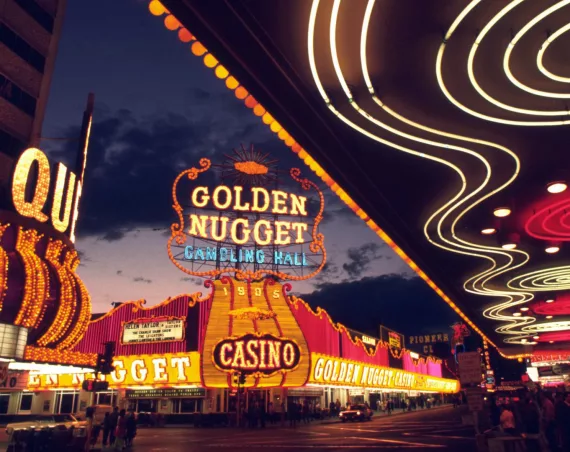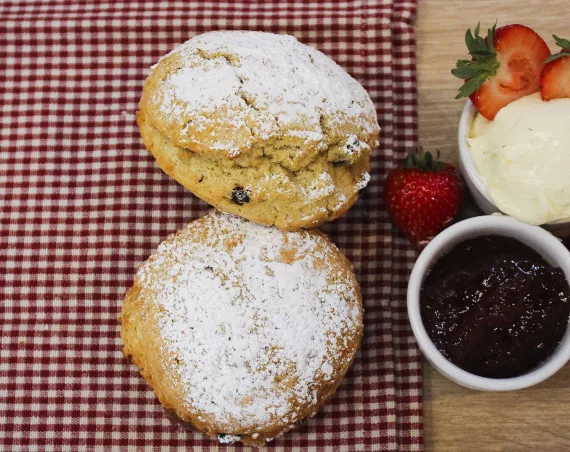
New Year’s celebrations and traditions
Powered by RedCircle
Hello and welcome to Learn English Vocabulary. My name is Jack and I’m making this podcast for you to learn or revise English vocabulary. You can find a transcript of this podcast on LearnEnglishVocabulary.co.uk. There’s a page for this podcast with the transcript, an activity and a task for you to do in the comments section.
Today, I want to talk about New Year’s celebrations and traditions.
For me, these celebrations have changed a lot over the years. When I was a little kid, I loved staying up late, it was the only night of the year that my parents would let me go to bed after midnight. When I was a teenager, I started going out to parties and then, when I was older, I would go to pubs and nightclubs. Now, I have two children of my own so I stay in with my wife and we let our kids stay up late to see in the New Year.
To stay in means to stay in your home. It’s the opposite of to go out. So you can decide on New Year’s Eve if you want to go out, perhaps to a restaurant or to a party or if you want to stay in.
To stay up means to go to bed much later than normal. Sometimes we say to stay up late, meaning to stay awake and not go to bed until late at night. It’s not the same as just staying awake. You need to keep doing things. So if I’m reading a good book, I’m terrible at going to bed. I end up staying up really late reading, especially if I can finish the book.
To see in is a strange expression: to see in the new year. If you are awake at midnight on the 31st of December, then you are seeing in the New Year. We don’t really see in anything else. I suppose it means to witness the start of the new year. In one dictionary, it said it means to celebrate the start of the new year, but I don’t think it’s as strong as that. It just means to witness the start of the year. You might ask someone: how are you going to see in the new year?
As midnight draws near, I always turn on the TV. There’s usually a live musical performance by a pop star on BBC 1 that stops just before midnight and then the clock on Elizabeth Tower or Big Ben as it’s more commonly known is shown as well as shots of crowds of people waiting across the river from the London Eye, the big ferris wheel on the banks of the river Thames. The bells in the clock tower chime and then there’s a count down and then, when Big Ben strikes, the New Year has begun. For each of the bongs, fire words streak across the sky and explode.
That very instant, a massive fireworks display starts as thousands of rockets screech into the sky and explode accompanied by music and drones.
When the fireworks stop, a traditional song starts and people link arms and sing together. The song we all sing is a traditional song called Auld Lang Syne. The words for the song were written by the Scottish poet Robert Burns and are in Scots which is one of the official languages in the UK and is closely related to English so lots of the words are the same or very similar to English. Auld Lang Syne means old long since or old times. It tells the story of old friends who are celebrating their friendship. The words are:
Should auld acquaintance be forgot,
And never brought to mind?
Should auld acquaintance be forgot,
And auld lang syne?
For auld lang syne, my jo,
For auld lang syne,
We’ll tak a cup o’ kindness yet,
For auld lang syne.
An acquaintance is someone you have met. It’s similar to friend, only not as strong. So there are lots of people in your life who are not quite your friends, but who you recognise and would say hello to if you saw them somewhere. Perhaps a shopkeeper in a shop that you use regularly or your postman or teachers. These are people you are acquainted with, they are people you know, but they are not really your friends. However, in the song, auld acquaintance means old friends.
So the first line asks: should old friends be forgotten?
Should auld acquaintance be forgot,
And never brought to mind?
Never brought to mind means never thought about or remembered. The idiom bring to mind means to make you remember something. You can say that something brings to mind a memory. So the smell of baking bread might bring to mind memories of your grandmother’s kitchen.
So the first verse is asking if old friends and old times should be forgotten.
And then in the chorus, the answer is:
For auld lang syne, my jo
My jo is Scots and it’s translated to my dear in the English version of the song. My dear is an affectionate or loving way to talk to someone who you care about.
For auld lang syne, my jo,
For auld lang syne,
We’ll tak a cup o’ kindness yet,
For auld lang syne.
We’ll take a cup of kindness for old times.
I think that this means we will drink something, and as this is a Scots poem, I think that drink will be whisky. We’ll drink a glass of whisky for old times or to honour and remember old times, old friends and old memories.
And then, after thinking about old times and old memories, it’s time to look to the New Year and to make plans for the future.
Lots of people start each new year making a list of things that they want to do. These are called New Year’s resolutions.
A resolution at the New Year is a promise to yourself to do something. It comes from the verb to resolve which means to make a formal or really strong decision. If you resolve to do something, then you really really want to do it. So resolutions are similar. They carry the same sense that you really really want to do them. I’m not sure how many people stick to them, but I think it’s a good idea to reflect and start the year with a positive attitude towards things that you want to do better in the new year.
I hope you have enjoyed this podcast. As always, I love reading your comments so please leave me a comment on the site or on Spotify or a rating or a review on Apple podcasts. I love to hear from you and any comments or suggestions you have.
if you have any questions or comments about this topic or anything related to English or learning English, please do get in touch, I’d love to hear from you so please visit LearnEnglishVocabulary.co.uk and say hello.
Thanks for listening and happy new year.




